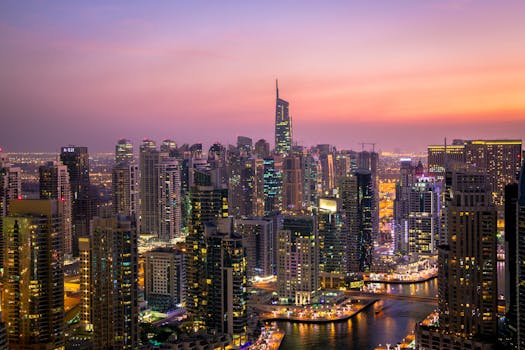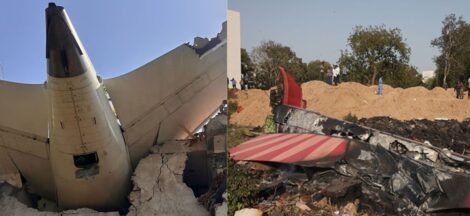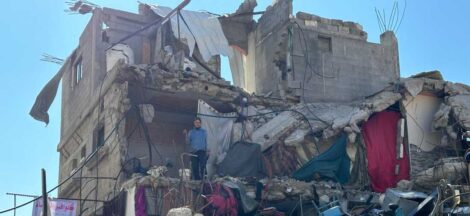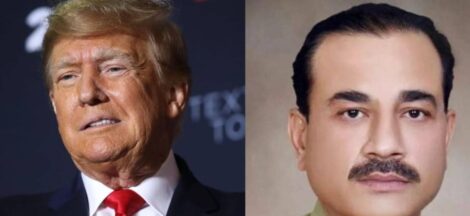A provocative comment by Karnataka Congress MLA Priyank Kharge has ignited a political firestorm. Speaking at a recent rally, Kharge drew a controversial parallel between potential protests in India and the recent unrest in Bangladesh. His statement suggested that similar demonstrations could target the Prime Minister’s residence in India, drawing sharp criticism from various political quarters.
Kharge’s remarks came amid heightened political tensions in Karnataka. He claimed that the PM’s residence might face significant unrest, akin to the large-scale protests seen in Bangladesh over the past year. This comparison has sparked intense debate, with some accusing Kharge of inciting violence and others defending his right to free speech.
Political leaders across the spectrum have reacted strongly to Kharge’s comments. The Bharatiya Janata Party (BJP) has condemned the MLA’s statement as irresponsible and inflammatory. They argue that such rhetoric undermines the country’s democratic institutions and could incite public disorder. In response, Congress has defended Kharge, asserting that his comments were meant to highlight the growing discontent among the public and were not intended to incite violence.
Kharge’s statement comes at a time when political rivalries in Karnataka are particularly charged. The state’s political landscape has been marked by intense competition and frequent public demonstrations. This environment has only amplified the impact of Kharge’s remarks, with political analysts suggesting that they reflect broader frustrations with the current administration.
The controversy highlights the challenges facing political leaders in managing public sentiment and maintaining order during times of political upheaval. Analysts suggest that while Kharge’s comments may resonate with certain segments of the population, they also risk escalating tensions further. This scenario underscores the delicate balance that politicians must maintain when addressing contentious issues and expressing dissent.
As the debate continues, Kharge’s remarks serve as a reminder of the high stakes in contemporary Indian politics. The incident also underscores the broader issue of political discourse and the extent to which provocative statements can influence public opinion and political dynamics.
The reaction to Kharge’s comments reveals deep divisions within Indian politics, with implications for both state and national levels. As the situation evolves, it will be crucial to monitor how these developments impact political strategies and public reactions in the coming months.




 SC Challenges Revanth Reddy’s Comment on Kavitha’s Bail
SC Challenges Revanth Reddy’s Comment on Kavitha’s Bail 